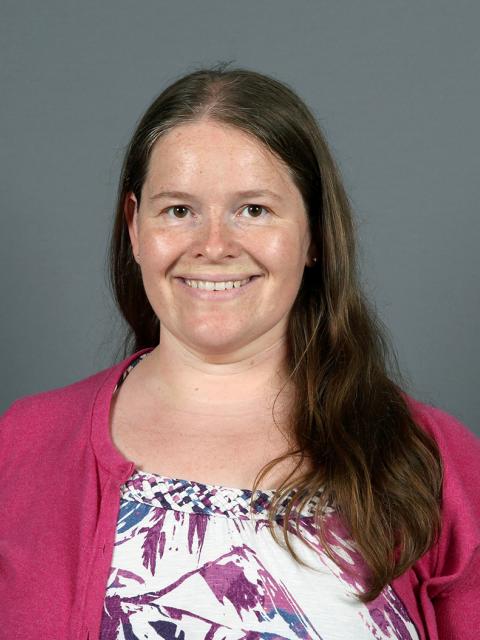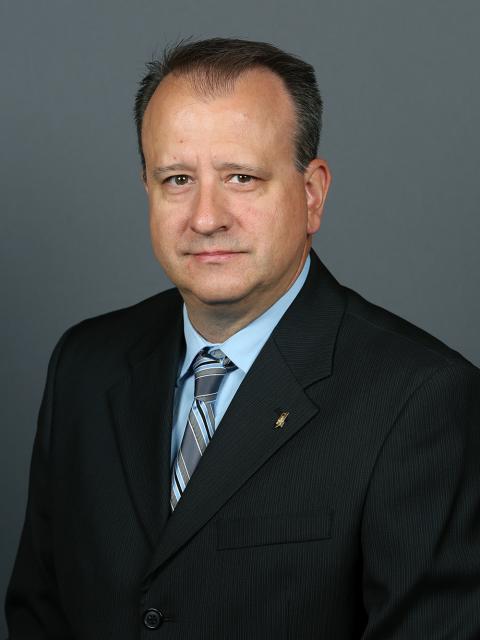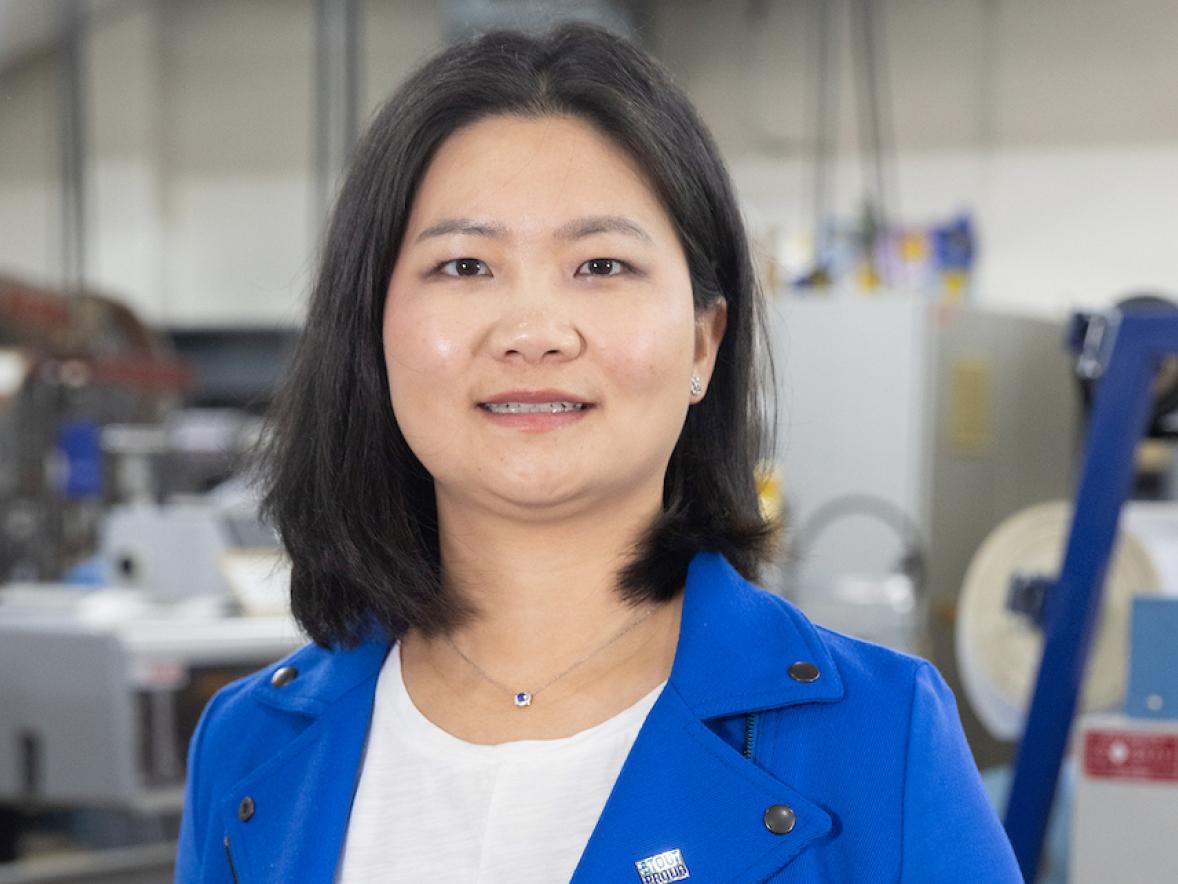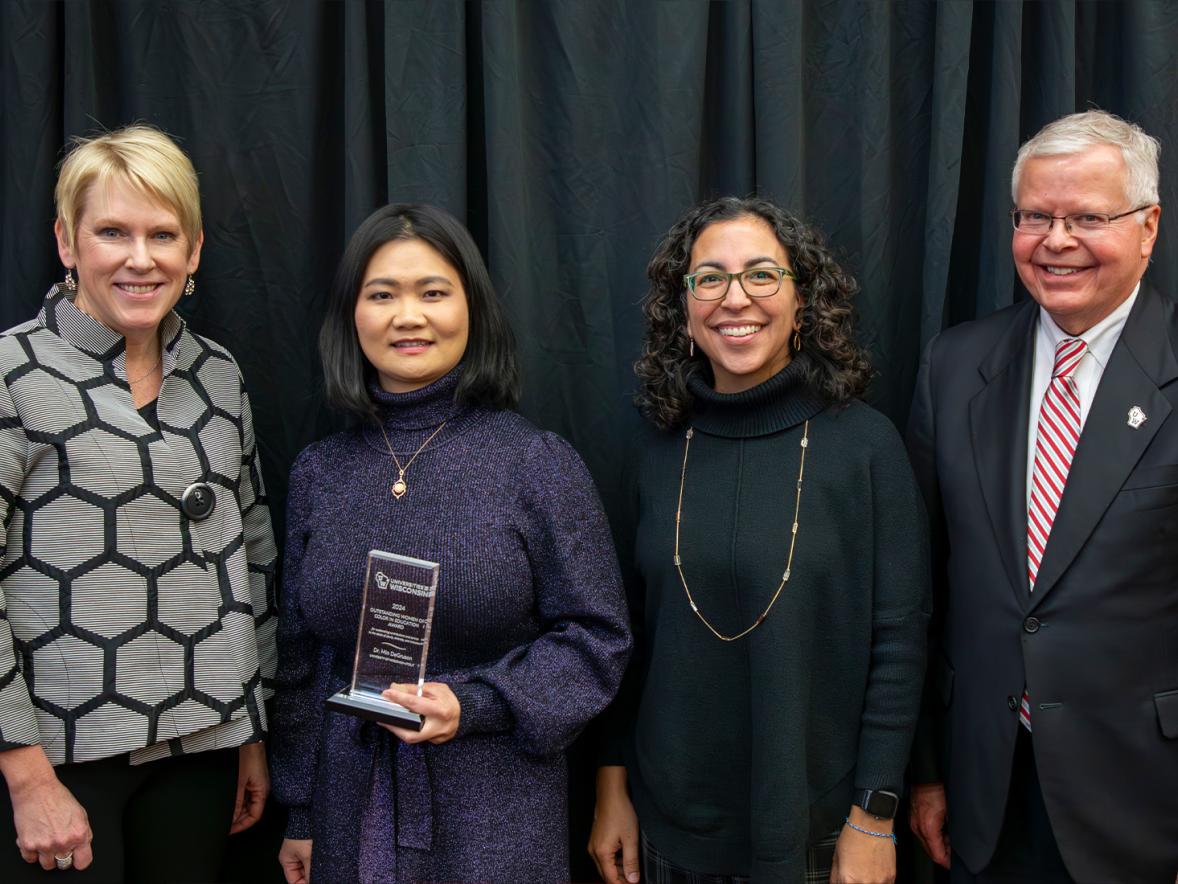In 2020 as University of Wisconsin-Stout prepared for spring break, the World Health Organization declared the coronavirus outbreak a pandemic.
In response, UW-Stout classes switched to alternative learning methods and UW-Stout faculty and staff pivoted to a world that would be forever changed.
At the University Archives, in late May student interviewers started using Microsoft Teams to collect oral histories for the COVID-19 Oral History Project to find out how students, faculty and staff coped with a rapidly changing world. The goal was to collect stories while memories were fresh for future generations to hear.
Dozens of faculty, staff, students and community members were interviewed for the project.
“We really tried to represent a variety of voices and experiences,” Stecklein said. “Library student workers transcribed the stories so they can be searched by keywords. The interviews are really a moment in time. There were so many people wishing for a vaccine and to see family members again. Those wishes are starting to come true.”
The idea to collect the oral histories started when Stecklein realized how few personal stories had been saved from the 1918 flu pandemic.

Looking back a year, the changes UW-Stout underwent have created a positive influence through the use of changing technology that creates more accessibility and shows resiliency in faculty, staff, students and the community, Stecklein said.
On Wednesday, March 17, from noon to 1 p.m. the same day that many campus buildings had limited access to slow the spread of the coronavirus, University Archives will hold a listening session of many of the recordings made last year for the oral history project and take time to allow participants to share their thoughts and stories from the past year. Register here for the Microsoft Teams virtual event.
The stories are available publicly at Minds@UW, a website that stores, indexes, distributes and preserves the digital materials of University of Wisconsin. The interviews will be searchable by keywords.
The past year has been one of innovation, Stecklein said. “The idea of doing remote interviews with people on Teams and having software to transcribe the interviews into an MP4 was something we had never done,” she noted. “It was something we hadn’t even thought of as a way to save oral histories a year ago.”
The archives also moved toward more digitization of historical documents because the pandemic-related shift toward distance and hybrid learning made remote access a necessity for many students. Most campus directories, athletic programs and commencement programs are now accessible on the internet for people to use in their research. “We are trying to make more items available and keyword searchable from anywhere,” Stecklein said. “We are now worldwide accessible.”
Memorial Student Center adapts
Darrin Witucki, director of student centers, participated in an oral history last year because he wanted to provide information for future generations and help them understand what it was like during the start of the pandemic and how it shaped UW-Stout.

Having multiple oral histories gives more depth and insight, he noted.
Witucki said the pandemic taught the Involvement Center staff how to engage students virtually. Student organizations also had to learn how to meet while apart.
Hybrid events will continue, Witucki said, noting there will be some people meeting in -person at events and others attending virtually. “It makes it more accessible for everyone,” he noted.
From a student and local government standpoint, it allows more people to attend meetings who may not have the ability to otherwise. Those with hearing loss can use instant closed captioning in meetings or events, he noted.
He expects performers or speakers coming to campus will continue to offer their events both virtually and in person because they have recognized the benefit of more people able to attend and being accessible to more students, Witucki said.
The Memorial Student Center closed on March 24, 2020, to prevent the spread of the coronavirus. It was closed for 131 days, Witucki said. “It was painful,” Witucki said. “It was the antithesis to what we are. We usually open our doors wider in times of crisis like 9/11.”
Witucki said the Involvement Center staff has been amazing coming up with virtual or hybrid events. Last semester there were 152 programs held. Maker’s Nights became popular because students could choose to attend in person or pick up the craft items and follow along virtually, he noted. Bingo nights were also popular as students could attend or choose to play along virtually.
“On the program side we’ve changed and stretched ourselves,” Witucki said. “The success we’ve seen and the diversity in programming, we’re going to take that into the future.”






